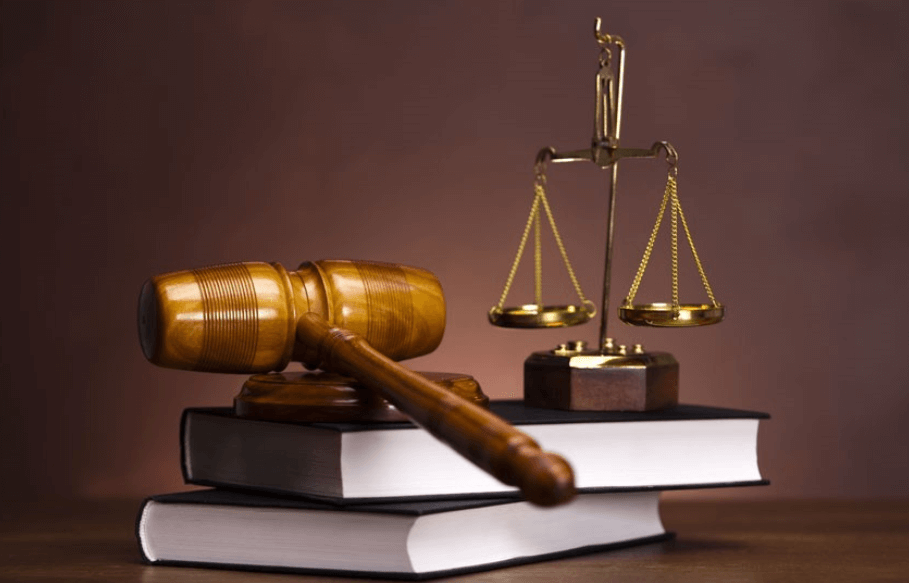On the 10th of June, the ERC, a collection agency, won their appeal when the Seventh Circuit Court of Appeals granted ERC summary judgment. The ERC’s jurisdiction lies with telecom and utility accounts, with its primary responsibility being collecting debts from telecom companies.
The ERC appears on your credit report when you forget to pay a bill as a collections account. If the collection is on the credit report, it decreases your credit score unless it is removed.
ERC is contracted by other entities to collect a debt; hence, the ERC isn’t a debt buyer and doesn’t own these debts. Enhance Resource Centers, and ERC are registered dba names of Enhanced Recovery Company, LLC. Thus, Enhanced Recovery Company is the parent company, and the agencies mentioned above fall under the same entity.
ERC won its appeal because the plaintiffs in the Fair Debt Collection Practices Act (FDCPA) case failed to provide extrinsic evidence that ERC’s statement “may be reported” was misleading. So, the ERC sent a series of collection letters on the plaintiff’s delinquent Sprint debt. These letters contained a disclosure that the account “may be reported” to the credit bureaus.
The plaintiff sued in return on the basis that the language “may be reported” was deceptive, misleading, or false. The plaintiff’s argument rests on the crux that the phrase “may be reported” implies future reporting, whereas ERC had already reported the account.
Additionally, the plaintiff also argued that the letter is misleading customers into thinking that paying the settlement offer by the specific listed date would prevent credit reporting because collection activity would stop, which is allegedly false since the account was already reported.
Hence, the district court issued two decisions in this case. First of all, the district court denied ERC’s motion to dismiss, finding that it is plausible for some confusion; the ERC appealed this decision.
Then, the district court granted ERC’s motion for summary judgment, finding that the plaintiff failed to present evidence that the letter “would be confusing.” The plaintiff, then, appealed this decision, and the appeal was presented in front of the 7th Circuit Court of Appeals.
The appellate decision basis for granting ERC a summary judgment is that if it’s clear from the face of the communication that the letter is or is not false, deceptive or misleading, then no intrinsic evidence is required. However, if a letter is not misleading on its face but could be construed as such, then extrinsic evidence is required.
However, in response, the court stated that the fact that a statement explaining ERC’s power to report the delinquent debt is followed by another statement and a new paragraph explaining that, “Paying the settlement amount will stop collection activity, but not restore Johnson (which is the plaintiff) Sprint service, and it’s certainly not on its face a promise or guarantee that if the offered settlement is paid, then the delinquent debt will not be reported.”
Additionally, the court added that the reason for summary judgment is that case law makes it clear that the plaintiff’s mere speculation that a collection letter is misleading is insufficient to survive a debt collector’s motion for summary judgment.
The Verdict
Cases such as this, where the FDCPA and FCRA attorneys are involved, and the customer has a valid case based on misleading information get misled. This is because attorneys, unfortunately, don’t refer to other cases or laws and fail to consult credit repair agencies before committing to a client.
Hence, to ensure this doesn’t happen, these companies must collaborate with credit repair agencies to educate them on what’s necessary and what isn’t. The same goes for customers, too, as they need to be educated about these issues.
Of all the parties involved, the attorneys are the only ones who gain something from such situations. They’re paid their legal fees, while the ERC ends up paying the court and legal fees. And the customer ends up losing their time and money, both.
The ERC won the case on the basis that intrinsic evidence is required to prove that a statement is false or misleading unless something is documented right in front of the client. However, if that’s not the case, the intrinsic evidence is crucial.
Hence, attorneys need to advise their clients better and, if they’re making claims, then these need to be backed by strong expertise. While attorneys end up getting paid in such instances, if they want to win significant cases, it’s essential for them, as well, to do the groundwork.
Part of the groundwork is to get other credible bodies involved. Consulting and partnering with a credit repair agency can ensure they have the necessary information before taking on a big case. This appropriate consultation will ensure the client’s money doesn’t get wasted as well as build the attorney’s repute at the same time.

